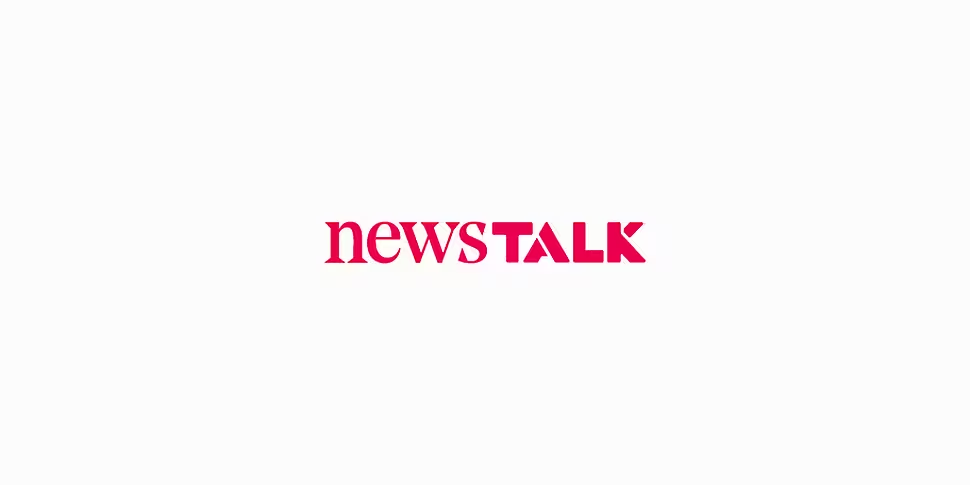Updated 15:15
The Taoiseach has insisted that Ireland is not making any preparations for a return to a hard border.
Leo Varadkar was speaking as he arrived for the latest summit of EU leaders in Brussels.
Brexit, migration and tensions with the US are on the agenda at the two-day meeting – with the October deadline for a withdrawal agreement with the UK looming ever closer.
EU leaders have expressed concern over the lack of progress in the talks to date – with no solution in sight regarding the Irish border.
Before travelling Mr Varadkar said he expected his European counterparts to “send a strong message to the UK” that negotiations must intensify if real progress is to be made.
He said negotiators still need to see "detailed proposals from the UK on how it intends to deliver on the clear commitments it made in December and March."
Hard border
Earlier this week, the European Commission warned that EU countries should begin preparing ports and airports for a ‘no-deal’ outcome.
Mr Varadkar said Ireland will be preparing its ports and airports – however, those preparations will not extend to the border with the North.
“When it comes to a hard border between Northern Ireland and Ireland my understanding is very simple,” he said. “We don’t want it, Britain doesn’t and the European Union doesn’t want it.”
“So we are not going to be preparing for a hard border on the island of Ireland and we are not going to agree to anything that would give rise to a hard border between Northern Ireland and Ireland.”
Back-stop
Ireland and the EU have consistently warned that a legally binding back-stop arrangement must be included in October’s withdrawal agreement. The arrangement would then come in to force if Britain crashes out with no deal.
Mr Varadkar said Ireland’s land and air ports will, however, be prepared for the worst-case scenario.
“If we have a no deal Brexit – and that is unlikely but possible, then the UK will crash out of the Customs Union and the Single Market and will not be able to trade freely anymore with any part of the EU,” he said.
“It will be losing access to market of 500 million people.
“That would require us to make preparations in our ports and airports for that kind of scenario.
“It is not just an issue for Ireland; it is as important an issue in Rotterdam or Calais or the ports in The Netherlands, Belgium and France - so we will have to start making preparations for that.”
Red lines
He admitted that there is responsibility on all sides to show flexibility to break the deadlock.
He said Europe was will to be flexible – but only if the UK softens some of its “red lines.”
“There are things that we just can’t compromise on,” he said.
“The four freedoms of the Single Market have to go together – you can’t have one freedom, or two freedoms or three-and-a-half freedoms.
“If we were ever to agree to that, then the European Union would start to break up and that is something that we can’t ever contemplate.”
He said negotiators are looking forward to the upcoming white paper from the UK outlining how it sees its new relationship with the EU – but warned that it “cant’ be cherry-picking; it can’t be cake and eat it.”
“[The UK] needs to understand that we are a union of 27 member state – 500 million people – and we have laws and rule and principles and they can’t be changed for any one country – even a great country like Britain.”
Discussions on the progress of talks are on the agenda for tomorrow – when the summit will hear from chief Brexit negotiator Michel Barnier.
Fundamental
Meanwhile, speaking in the Dáil, the Tánaiste Simon Coveney said Ireland must hold its nerve as negotiations continue.
“Let me be very clear – as Michel Barnier has been – there will be withdrawal treaty if there is no legally operable text in relation to the so-called Irish backstop,” he said.
“It is a fundamental part of it; the commitments have been made by the British side as well as the EU side that that will be accommodated as part of that treaty.
“The treaty will not happen if that doesn’t happen.”
The UK urgently needs to step up #Brexit negotiations. pic.twitter.com/MP6ZZKzTZL
— Leo Varadkar (@campaignforleo) June 27, 2018
Migration tensions
However, amid major political tension over the issue in Germany and Italy, migration is expected to be a central focus on the first day of the talks.
The discussions are set to look at 'breaking the business model of smugglers', with leaders expected to agree to increased support for Libyan authorities in a bid to cut down on the number of people attempting to cross the Mediterranean to Europe.
Writing to EU leaders ahead of the summit, European Council President Donald Tusk stressed the need for action over migration, arguing: "More and more people are starting to believe that only strong-handed authority, anti-European and anti-liberal in spirit, with a tendency towards overt authoritarianism, is capable of stopping the wave of illegal migration.
"If people believe them, that only they can offer an effective solution to the migration crisis, they will also believe anything else they say. The stakes are very high. And time is short."
On the subject of strained US-EU relations, Mr Tusk added: "Despite our tireless efforts to keep the unity of the West, transatlantic relations are under immense pressure due to the policies of President Trump. Unfortunately, the divisions go beyond trade.
"It is my belief that, while hoping for the best, we must be ready to prepare our Union for worst-case scenarios."
Other issues on the packed agenda for the summit include EU-NATO cooperation and reform of the Eurozone.
Additional reporting from Michael Staines









